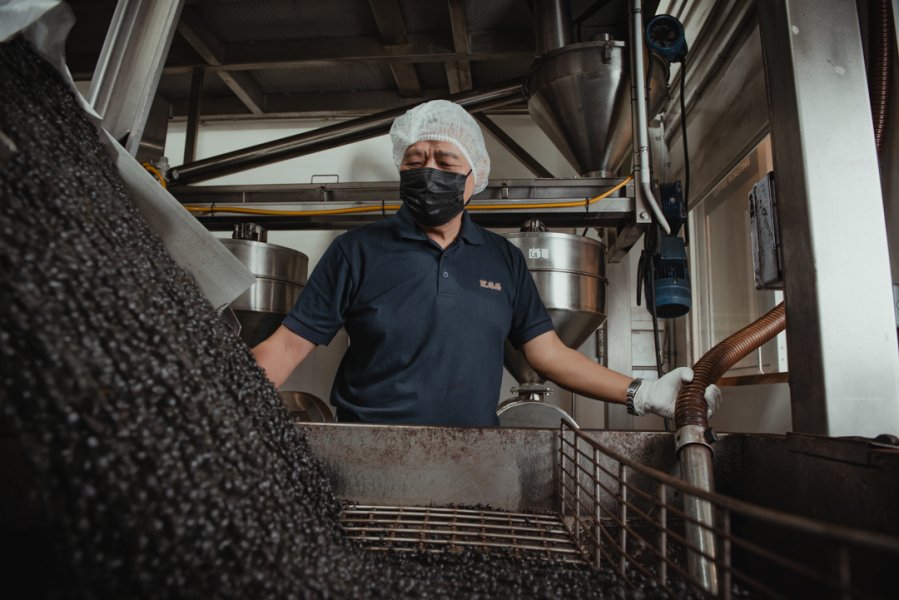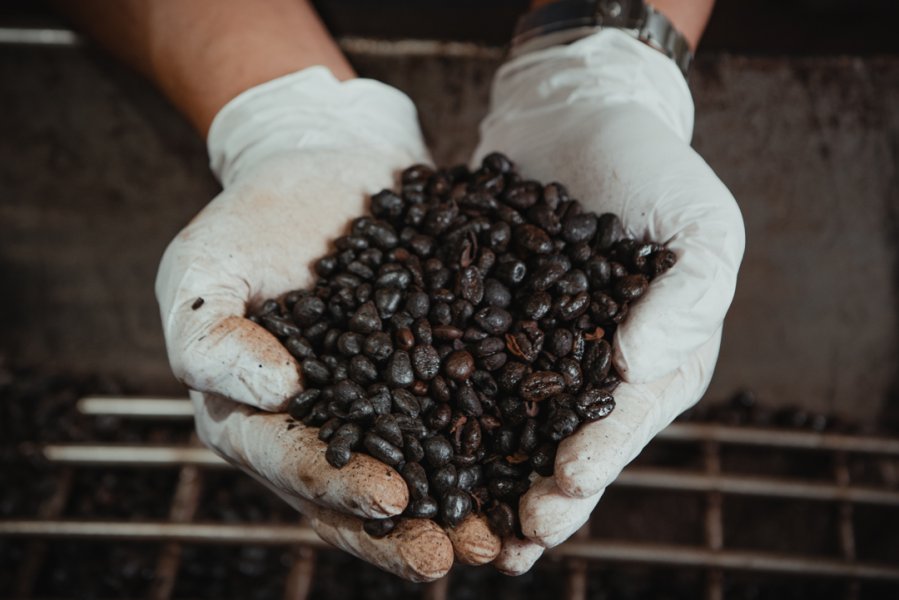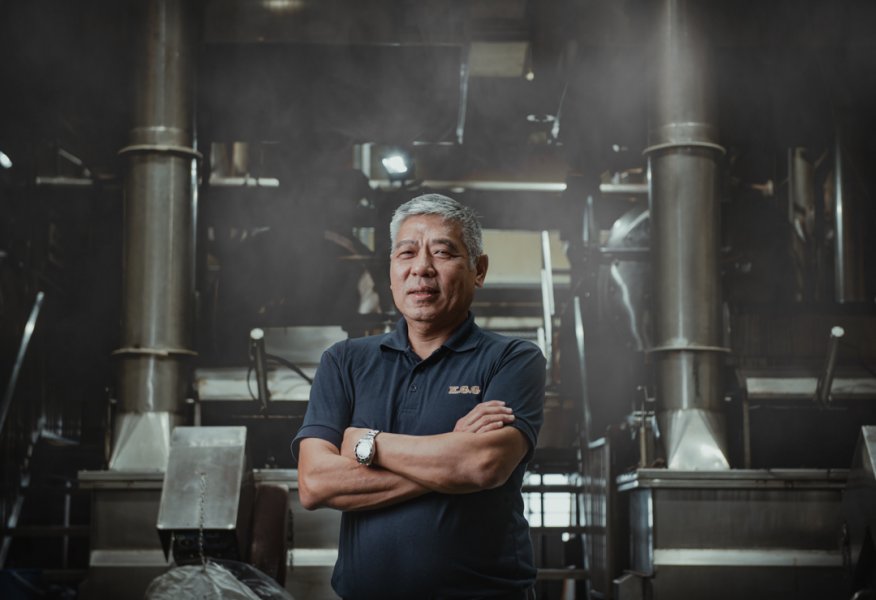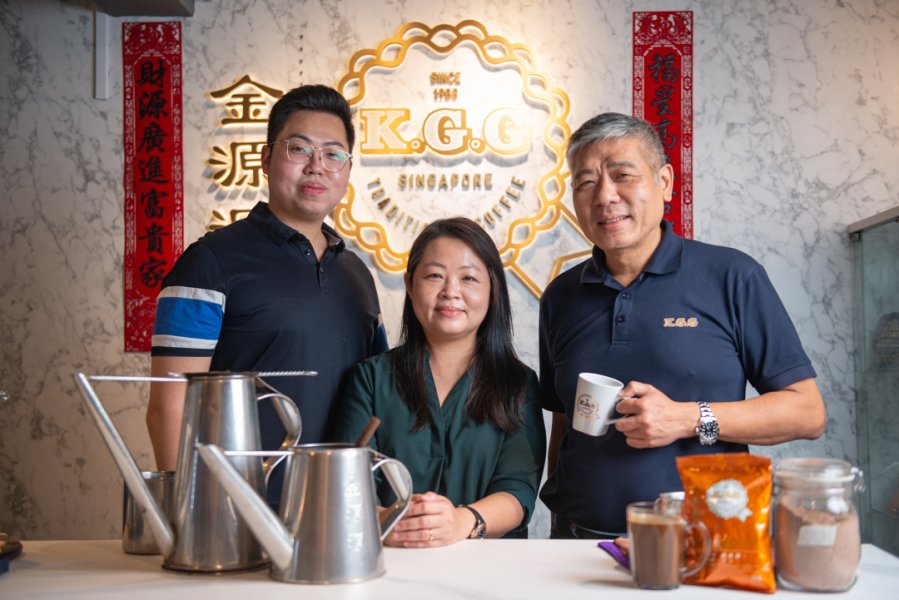A tale from the days of our forefathers – chilling over kopi has been one of the average Singaporean’s quintessential pastimes. More than a simple leisure activity, it has its own following and has even taken on an important symbol as part of the Singaporean culture, standing firm through our nation’s growth and passage of time as an unshakable icon.
Yet, with time and progress, the modern society has taken on a new inclination for cafés and its culture of coffee drinking. With it came an outpouring of gourmet coffee trends. We find espresso stands and new cafés popping up all over the island.
As Singaporeans, so attuned to living with all sorts of different traditions, we’ve learnt to enjoy these “Western” coffee habits whilst still sipping on our kopi whenever we find a chance to. Yet, because of the ever so competitive streak in us, we often hear differing opinions about the differences between our heritage and this (comparatively) new coffee.
So what exactly sets gourmet coffee apart from our kopi, why do coffee experts harp on gourmet coffee’s quality, and yet, why does our kopi still taste that good?
We speak to industry veteran Jason Soon, founder and CEO of Kim Guan Guan, a leading purveyor of Singapore’s traditional coffee that’s been supplying our kopi and teh to coffeeshops islandwide for over 30 years now, for some answers to those burning questions we’ve all had over the years.

So what exactly makes a kopi, a kopi?
First of all, it’s the beans we use. We use Robusta beans, most gourmet coffee promotes the use of Arabica beans. For Singapore coffee, its uniqueness lies in the fact that we can enjoy it even after it has cooled down, our coffee doesn’t lose its body or flavour that way.
In fact, when it is freshly brewed and hot, the fragrance may not be as strong, but after 5 minutes, you will find that it tastes fuller and stronger. The punch starts to be more pronounced then, and the aftertaste becomes very clear, with a bittersweet taste that lingers.
Gourmet coffee’s aftertaste doesn’t linger much. Our kopi also has a thicker profile as compared to gourmet coffee – that’s why kopi has a more full-bodied taste and a stronger punch.
He adds that Nanyang coffee, to him, is not Singapore coffee. “There’s a difference between Nanyang coffee and our Singapore coffee in taste and roasting methods.” Which is basically why we get a different taste when we order kopi in Malaysia, for example.
He prefers to label our kopi, Singapore Traditional Coffee.

Does it have to do with the roasting process?
Yes, it really is a matter of how we roast it. We use a slow-roasting method. Every batch of beans takes about 55 minutes to 1 hour to complete its course. Only then will it present its real taste.
How does that differ from the coffee we get from cafés these days?
For many “Western” customs, they take a more direct approach to roasting their beans after selection, but ours goes through additional steps like a caramelisation process after an initial roast. We have to take note of the temperature throughout each roasting process, accounting for differences between each batch of beans and sugar. The beans cannot be roasted at too high a temperature, and we cannot burn the sugar as well. Of course, timing is also very important, because it decides how well the coffee beans and caramel come together.
When asked why Robusta beans are deemed less premium than Arabica beans, Mr Soon laments that first of all, it doesn’t receive nearly as much promotional coverage as Arabica beans due to the trends these days.

Tell us more about the start. How did you enter this trade?
It started after my National Service. My initial business partner approached me and asked if I wanted to start a business doing coffee. His thought was that it’s something that’s easy to do. We saw so many people at the time opening coffee shops and had that impression. I felt that we were young and had nothing to lose, and that’s really how my journey was kickstarted.
Of course, problems started coming in after we really started the business.
Who or from where did you first learn from?
I had to learn almost everything myself. This is because back then, times were different and people tended to keep everything to themselves. They were not willing to share their knowledge or give advice regarding how the trade was run. So at the beginning, I faced many issues.
But when you’re left to yourself, you either give up and let it go, or get out there and pick it up yourself. It was harder because back then, we didn’t have the Internet as well, so I really had to search and learn by myself, nobody will teach you. Even till today, actually, there’s still not much information on the Internet about traditional coffee and their differences.

A family effort, Mr Soon runs the company with the help of his wife and son.
We understand that the company has crossed its 30th anniversary milestone just awhile back, and now has its own range of coffee sachets for consumers at large. Can you share with us a little more about where Kim Guan Guan is headed next?
We’ve been constantly finding new ways to upgrade ourselves. Coming up next, we’re looking to push out a range of healthier Singapore Coffee – a non-dairy kopi with the same fragrance, taste, and punch. We’ve actually already completed our R&D process and are looking forward to introducing them to the market.
Will Kim Guan Guan be looking at international plans?
Yes, that’s definitely also in the works for our near future. We already have plans to expand our presence in the region next.
To find out more about the range of quality kopi Kim Guan Guan has to offer, visit their site here.





